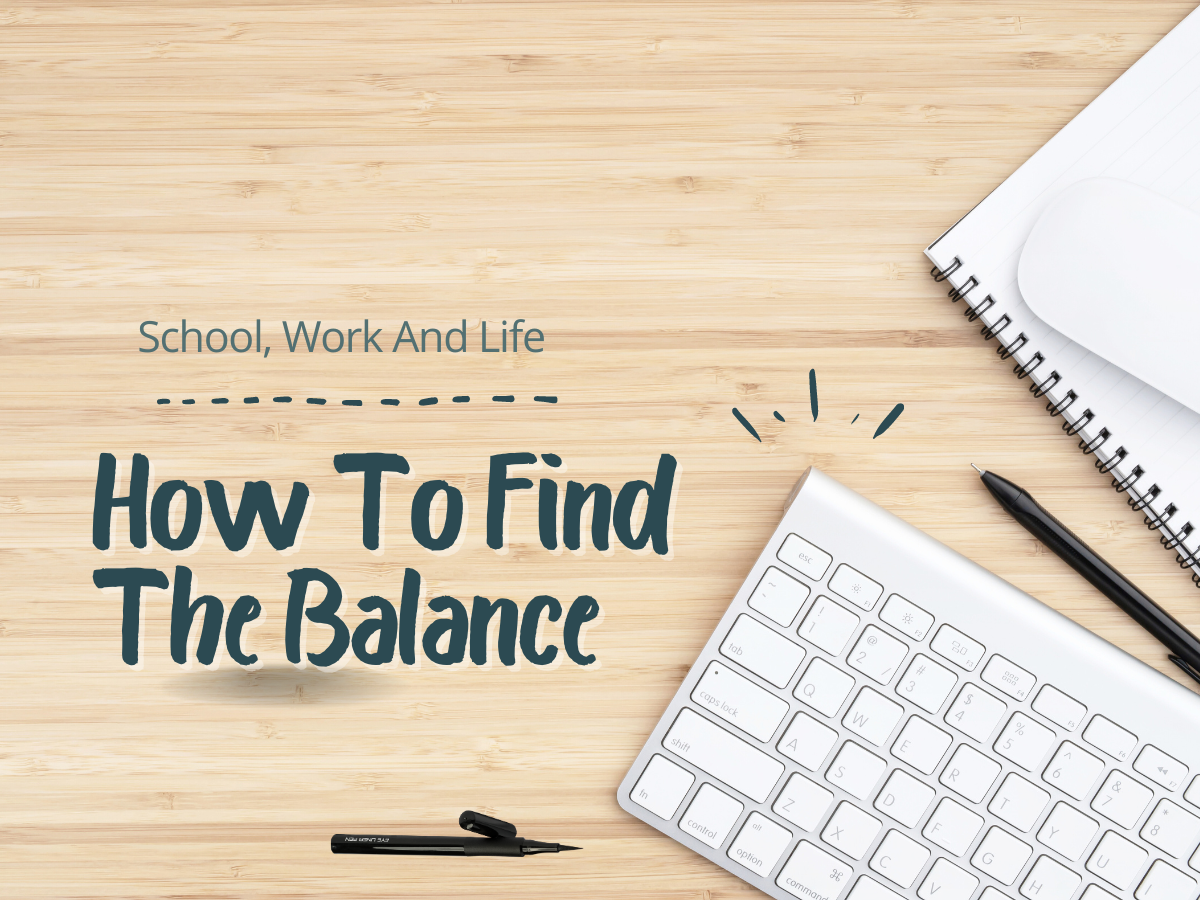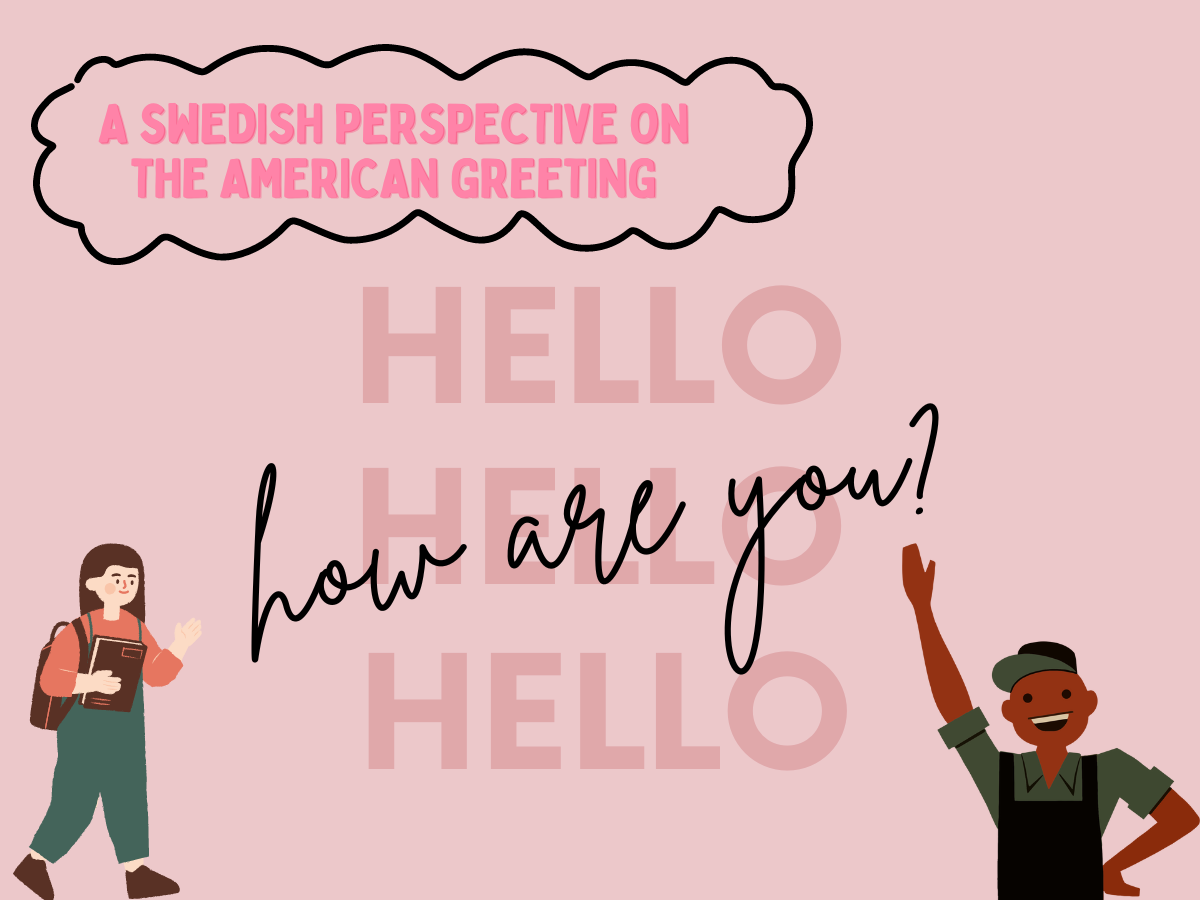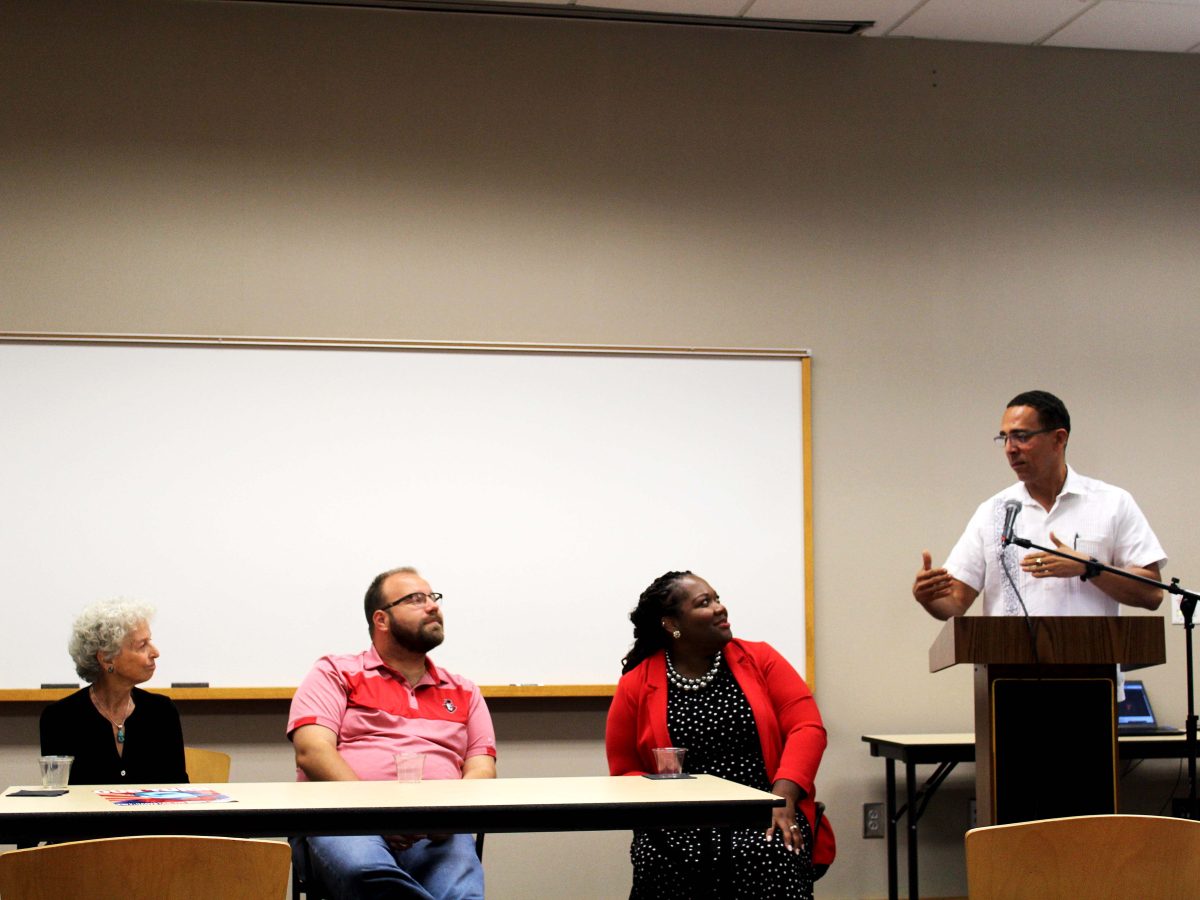Many students have said that Covid caused them to adapt their original plans for their educations, and research published by the National Institutes of Health support that conclusion.
Junior education major Susan Comer said, “As an education major, Covid has impacted when I would have been able to tutor, help students and observe how teachers interact within schools.”
According to a study done by the National Institutes of Health, students’ quality of instruction from preschool to grad school has been severely impacted.
Students in post-secondary disciplines who participate in more hands-on training such, as medical school students and those who must do clinicals as a graduation requirement, have been even more impacted.
The pandemic changed students’ plans for their education from nursing students who were not able to do their clinicals when originally planned, to those in the natural sciences who were unable to work in labs.
“Covid has affected my ability to observe speech therapy sessions within medical clinics,” said Jaci Mays, a junior speech pathology major.
Covid even brought a halt to campus activities and even changed how college life was for incoming freshman like James Watts, who started his freshman year at APSU in the Fall 2021.
“I thought I was going to be restricted to nothing except going to class, my dorm, and the Caf,” stated Watts. “I feel like I have missed out on some of the traditional college experiences due to the Pandemic.”
Students were not the only ones feeling the stress of the Covid 19 pandemic. APSU faculty had a hard time adjusting to the challenges of the pandemic as well. Professor Brian Hock of the psychological science and counseling department had no experience with online teaching.
“I had to reevaluate how I wanted to do my class,” stated Hocks. “I wanted to keep it as simple and stress free as possible. I was able to keep my class time.
“I had a huge piece of cardboard, bought some whiteboard sticky material so I stuck that up on the wall, got a projector and was able to project overheads I was using in class.”
With all the issues and troubles that Covid 19 caused on campus, some students think that there may be a silver lining to the changes that the pandemic caused.
“As a disability services student, Covid has had a positive impact across campus, with regards to accessibility. This is because, my professors are more willing to accommodate everyone,” said Junior Freddy Batts.
“One of the advantages of Covid is that all my lectures are recorded now and they never were,” stated Hocks. “If a student has to miss then they can go back and watch those lectures and not miss class time. I made packets for students take home and I maintain those now.”
Hocks also learned early on that Zoom would crash because of the server being overloaded with everyone trying to use it so he created a Facebook Live page in the event that if they were on Zoom and it crashed, there was a backup method to continue your lessons.
Students, and faculty, faced many disadvantages with going strictly to online learning. Students were expected to self-teach themselves the materials with classes no longer being on ground and if students had family at home with them during lockdown, they had to rearrange their learning, and teaching schedule around them.
“There were four of us at home and we were all competing for the internet,” said Hocks. He has young children at home who were in online learning as well through Clarksville Montgomery County School System.
Prentice Chandler, dean of the Eriksson College of Education praised is college’s response to the pandemic:
“When the COVID19 pandemic shut the world down, the education of children in our schools continued. This meant that the education of their teachers would also continue.
“I am proud of the way that our college navigated these past two years. In fact, our College has done some amazing things in spite of this pandemic.
“As dean, I made a conscious effort to focus on what I could control, and do my best with the things I couldn’t. Collectively, we were patient, calm, and understanding with one another—and that is a testament to our faculty and staff.
“That is why we made it through the pandemic stronger than ever.”





